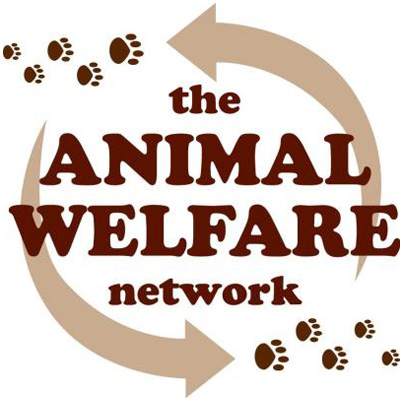 The 5 freedoms are a set of internationally-recognised animal welfare standards. They outline what we as animal owners and carers must provide. They are not just things we want to do for our animals, but also things we must do in order to be responsible owners.
The 5 freedoms are a set of internationally-recognised animal welfare standards. They outline what we as animal owners and carers must provide. They are not just things we want to do for our animals, but also things we must do in order to be responsible owners.
The 5 freedoms are:
- Freedom from hunger and thirst (food and water)
All animals deserve access to clean water and a well-balanced, nutritious diet. Freedom from hunger and thirst provides for animals most basic needs by allowing that animal to remain in good health and full of vitality.
- Freedom from discomfort (shelter)
All animals should live in an appropriate environment. The conditions and surroundings given to an animal contribute to its overall well-being. By providing an animal with shelter and a comfortable resting area, you are ensuring that the animal remains healthy and happy.
- Freedom from pain, injury and disease (medical care)
All animals should be entitled to immediate veterinary attention when sick or injured to avoid unnecessary suffering. In certain cases, unnecessary pain and injury can be prevented through regular visits to a vet.
- Freedom to express normal behaviour (exercise)
All animals should be allowed to express normal behaviours. A normal behaviour is the way an animal acts in its natural environment. Enough space, proper shelter and housing as well as adequate exercise, opportunity to play and the company of the animal’s own kind encourages the expression of normal behaviours.
- Freedom from fear and distress (love and understanding)
All animals deserve to be happy. Ensuring conditions that avoid unnecessary anxiety and stress will help to provide freedom from mental suffering. While favourable physical conditions are essential, appropriate mental conditions are also important to good animal welfare.
Of course, no freedom is enough in isolation and as such we must provide our animals with the 5 freedoms all the time, so they can live happy and healthy lives.
(Source: SPCA – New Zealand )
